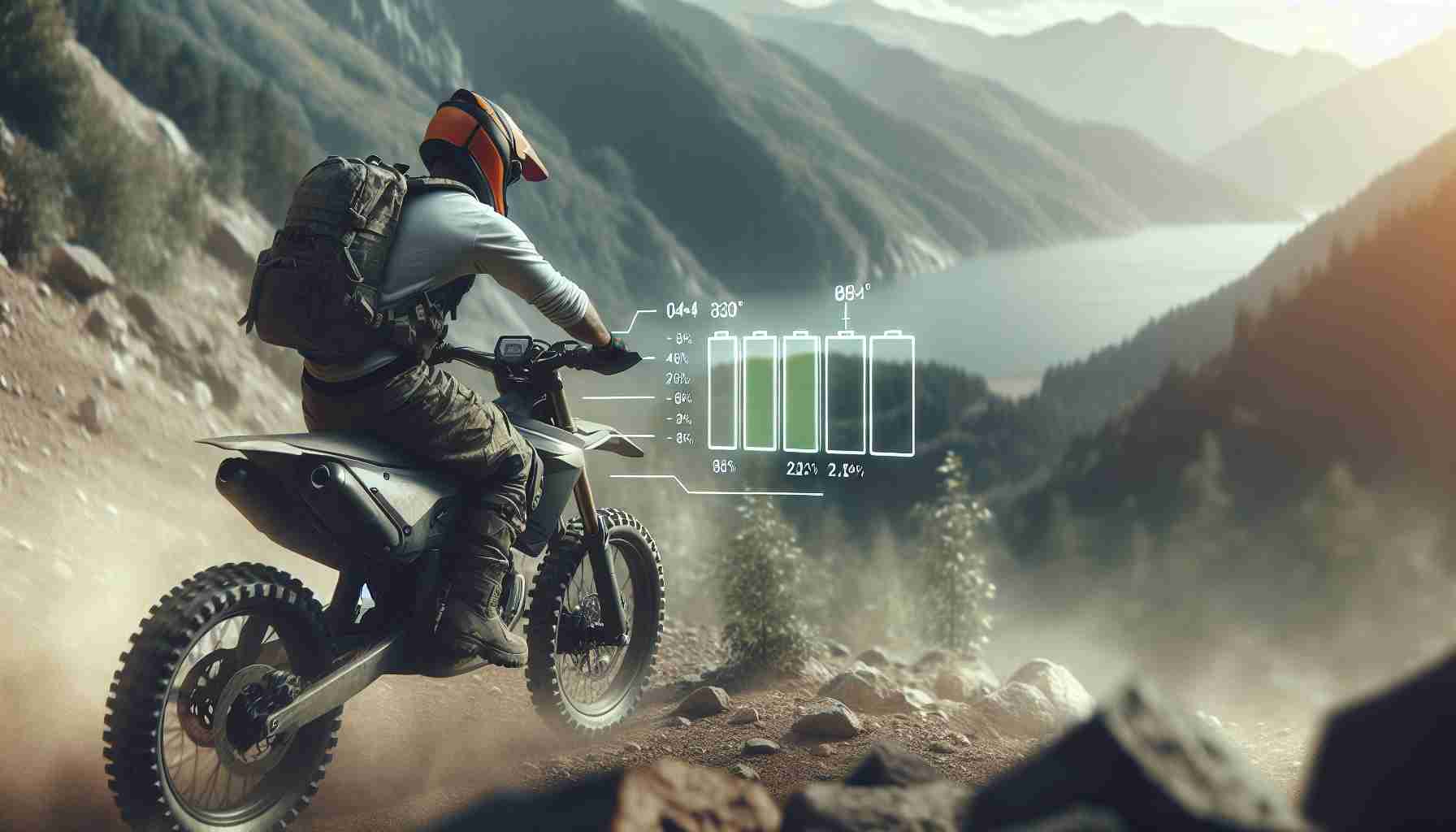The electric bike community, especially among enduro and off-road enthusiasts, frequently debates the critical question of battery longevity. Stark, a prominent brand in this sector, has taken the initiative to provide clarity on this topic with a recent battery testing video. As they prepare to unveil their latest enduro model, the company has set out to showcase the real-world performance of their battery during an extensive day of riding.
To ensure a comprehensive evaluation, Stark enlisted three diverse riders, including seasoned professional Taddy Blazusiak, to navigate a series of challenging trails. The intent was clear: to provide authentic insights into how well their electric bikes perform under typical riding conditions, demonstrating the reliability of their battery life.
Stark’s video is more than just a technical assessment; it is a carefully orchestrated response to frequent inquiries from potential buyers, addressing the genuine concerns riders have about endurance during long off-road adventures. The testing locations were chosen for their relevance to the riding community, and the footage captures the essence of what riders can expect from a day on the trail.
This unveiling comes at a pivotal moment as electric motorcycles gain acceptance in competitive arenas, with events like the Gotland Grand National and Red Bull Romaniacs announcing their inclusion of electric categories. For enthusiasts, these developments mark an exciting new chapter in the evolution of off-road biking.
The electric bike market, particularly for off-road and enduro segments, is experiencing significant growth as technology continues to advance and consumer interest rises. Industry analysts predict that the global electric bike market will grow at a compound annual growth rate (CAGR) of more than 8% over the next several years, reaching a valuation of approximately $46 billion by 2027. This growth is driven by factors such as increasing environmental awareness, advancements in battery technology, and the expanding range of e-bike models available to consumers.
Stark’s focus on battery longevity is particularly relevant to this growth trajectory. As more riders seek reliable electric solutions for their off-road adventures, the need for robust battery performance becomes paramount. Battery life and charging times are key considerations for consumers, especially in competitive and recreational settings where performance and reliability can significantly impact the riding experience. Stark’s proactive approach in addressing these concerns demonstrates a keen awareness of market dynamics and consumer expectations.
Another issue facing the electric bike industry is the challenge of infrastructure. As electric vehicles gain traction, the need for charging stations and maintenance facilities becomes increasingly critical. Many remote off-road locations lack adequate charging infrastructure, which can deter potential buyers who are concerned about the feasibility of long rides. As the industry evolves, collaboration with local governments and private entities to establish charging solutions in these areas will be essential to support the growth of electric bikes.
Moreover, as electric motorcycles are gradually being inducted into competitive racing circuits, such as the Gotland Grand National and Red Bull Romaniacs, the industry must also navigate regulatory challenges. Different regions may have varying regulations concerning speed limits, noise restrictions, and safety standards. These factors can influence market entry strategies for manufacturers like Stark, which must ensure compliance while trying to innovate and expand their offerings.
Additionally, sustainability concerns regarding battery production and disposal are increasingly relevant. The production of lithium-ion batteries raises ethical issues related to resource extraction and environmental impact. Consumers are becoming more aware of the lifecycle of their products, prompting companies to seek greener alternatives and better recycling processes. Stark and others in the industry must address these concerns to maintain buyer confidence and promote long-term environmental responsibility.
As the electric bike community continues to evolve, opportunities abound for innovation in design, performance, and sustainability. With brands like Stark leading the charge, the future of off-road electric biking looks promising, reflecting a balance between technology, performance, and environmentally conscious practices.
For comprehensive insights into electric bikes and industry developments, you may find valuable information at the following link: ebike.com.







